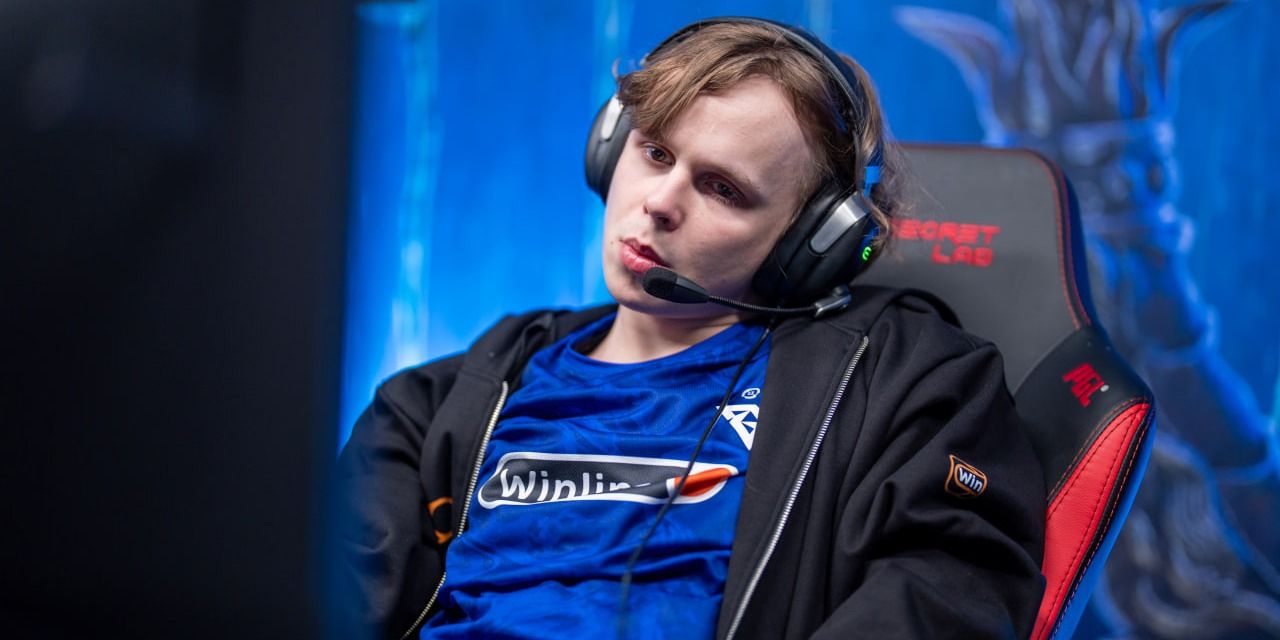The prestigious Riyadh Masters 2025, a crucible of competitive Dota 2, has delivered its share of drama and surprising outcomes. As elite teams vie for a substantial $3 million prize pool, every misstep is scrutinized under the unforgiving lens of fan expectation. Tundra Esports, a team with a strong pedigree, has found itself under intense pressure after recent losses, particularly their 0-2 defeat to Team Falcons in the playoffs.
Amidst the swirling tide of fan commentary, a familiar narrative has emerged: pinpointing the carry player, Remco “Crystallis” Arets, as the primary culprit for the team`s struggles. However, a prominent voice from within the Dota 2 casting community, Arseniy “ArsZeeqq” Usov, has stepped forward to challenge this simplistic view, urging the community to look beyond the obvious.
ArsZeeqq`s Counter-Narrative: Misplaced Blame
In a recent public statement, ArsZeeqq acknowledged that Crystallis might have had some suboptimal item builds in certain matches. Yet, he emphatically stated, “You are looking in the wrong direction.” His analysis swiftly pivoted from individual hero performance to broader team issues and critical misplays by other core roles. This isn`t merely a defense of a teammate; it`s a strategic deconstruction of what truly went awry, suggesting that the complexity of professional Dota 2 demands a more nuanced understanding than the immediate fan outcry often allows.
ArsZeeqq meticulously highlighted several instances from Tundra`s crucial matches against BetBoom Team and Team Falcons, showcasing pivotal moments where the team`s fate was arguably sealed by errors made by players other than Crystallis. These examples serve as a masterclass in why blaming a single player in a five-person team game is often reductive:
- Vs. BetBoom Team, Map 2 (Leshrac): ArsZeeqq pointed to a core hero, Leshrac, who despite having the highest net worth on his team, struggled with resource management. Crucially, this player was observed appearing on a wave of creeps while his team was engaged in a 4v5 teamfight, subsequently retreating to base. This led to his team fighting at a significant disadvantage, squandering a powerful hero`s timing and resources. The irony, as ArsZeeqq implicitly suggests, is that such a critical misplay from a high-impact core often escapes the same level of fan scrutiny directed at the carry.
- Vs. BetBoom Team, Map 3 (Invoker): In another telling example, an Invoker player, equipped with the mobility advantage of Boots of Travel, repeatedly failed to join crucial teamfights. Instead of teleporting to support his team as they postured for engagements, the Invoker opted to use his Travel boots on creep waves. This recurring pattern, even for 3-4 consecutive fights, meant Tundra was effectively fighting with a missing core, despite having the means to be present. One might wonder if the carry could have single-handedly overcome such a consistent numerical disadvantage.
- Vs. Team Falcons, Map 1 (Storm Spirit): The analysis continued with a Storm Spirit player against Team Falcons. ArsZeeqq highlighted a questionable item choice—an Eternal Shroud—and repeated instances of poor positioning, leading to being caught out multiple times against a draft with virtually no crowd control. Furthermore, the Storm Spirit failed to effectively target backline support heroes in teamfights, often using abilities like Vortex on heroes already under the effect of Black King Bar. ArsZeeqq sarcastically noted that “Kyotaka (Falcons` midlaner) would have won this game alone,” implying the Storm Spirit`s blunders were so severe they bordered on self-sabotage.
The Scapegoat Syndrome in Esports
ArsZeeqq`s observations underscore a perennial issue in competitive esports: the tendency to simplify complex team dynamics into individual blame. Carries, by the nature of their role, are often the most visible players, tasked with delivering the late-game damage and securing objectives. When a team falters, it`s easy—perhaps too easy—to direct frustration at the player who is supposed to “carry” the game. However, as ArsZeeqq deftly illustrates, the intricate web of Dota 2 relies on every role fulfilling its duties, managing resources, making timely rotations, and executing teamfight compositions. A single misstep from an offlaner, mid, or support can cascade into a disadvantage that even the best carry cannot overcome.
It`s a stark reminder that while fans might perceive “bad games” from a carry as the root cause of defeat, expert analysis often delves deeper, revealing fundamental strategic or execution errors by other members that contribute just as, if not more, significantly to a loss. Perhaps the true irony is that fans, desperate for a simple explanation, often miss the profound tactical errors happening elsewhere on the map.
Tundra`s Path Forward
As the Riyadh Masters 2025 progresses, Tundra Esports` journey continues. After their loss to Team Falcons, Crystallis and his team are set to compete for third place against PARIVISION on July 18th. Whether ArsZeeqq`s insights will shift the fan narrative or serve as a vital lesson for the team itself remains to be seen. What is clear, however, is that competitive Dota 2 is a nuanced dance, and sometimes, the loudest criticisms miss the beat entirely.

